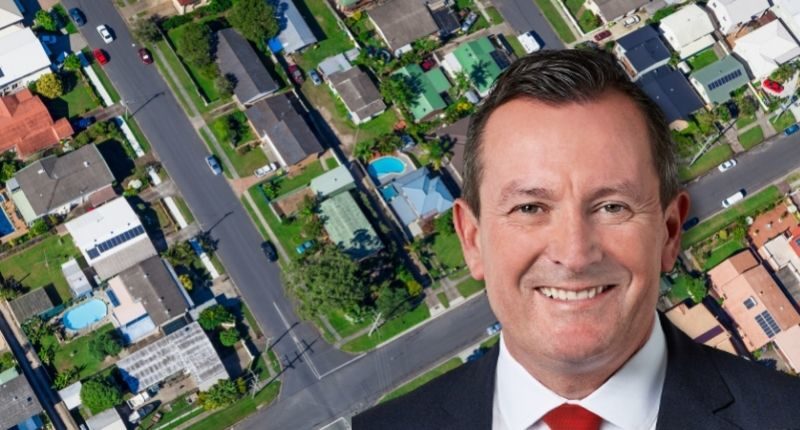- $750M will go towards the new Social Housing Investment Fund
- Will deliver up to 3,300 social housing properties
- Announcement has been welcomed, but WA still likely to face social housing shortage
A record $875 million is to be spent on social housing in Western Australia, Premier Mark McGowan has announced.
Mr McGowan, who has also been both Treasurer and Premier since his landslide victory in the March 2021 election, said most of the funds will go towards the establishment of the $750 million Social Housing Investment Fund. $228 million will be allocated towards short term projects with $522 million to deliver new social homes.
“Our total investment will significantly improve the quality and accessibility of social housing for vulnerable Western Australians and will deliver up to 3,300 social housing properties,” he said.
He noted this is the largest one-off funding injection for social housing in the state’s history, taking investment into the area over the next four years to more than $2.1 billion.
The 3,300 new houses will be more than the total delivered over the past nine years by both the McGowan and Barnett governments, he said.
So far it has been announced $80 million will be allocated towards properties in regional Western Australia.
John Carey, the Minister for Housing, acknowledges while an immediate boost to social housing is needed, constructing homes will take some time due to various labour and supply shortages.
“That is why we are investing in programs such as the repurposing of affordable homes to social, spot purchasing properties, and investing in faster and alternative construction methods such as modular homes,” he said.
“This investment is a practical and pragmatic approach to delivering more social housing in our State.”
Mr Carey added that more than $520 million will be allocated to “future projects” that he argued would create a pipeline of construction post the current housing boom.
A welcomed move, but shortfall still looms
The news has been welcomed by the social housing sector, with Anglicare WA CEO Mark Glasson acknowledging “it’s a great start” but more needs to be done.
“What we’d be calling for is a long-term commitment of this kind,” he told ABC News.
The announcement comes after Compass Housing released a report last month highlighting the projected shortfall for public housing nationally by 2031 will be almost 200,000 homes.
WA, in particular, is forecast for a 21,000 shortfall, although this figure does not take into account the latest announcement.
The shortage is so concerning that the national spokesperson for housing advocacy group Everybody’s Home is calling for the federal government to intervene in social housing, which is typically a state or territory responsibility.
“The federal-state blame game is arid and gets us nowhere. A ballooning number of Australians on low and middle incomes simply cannot compete for housing in the booming private sales and rental market,” she said.








